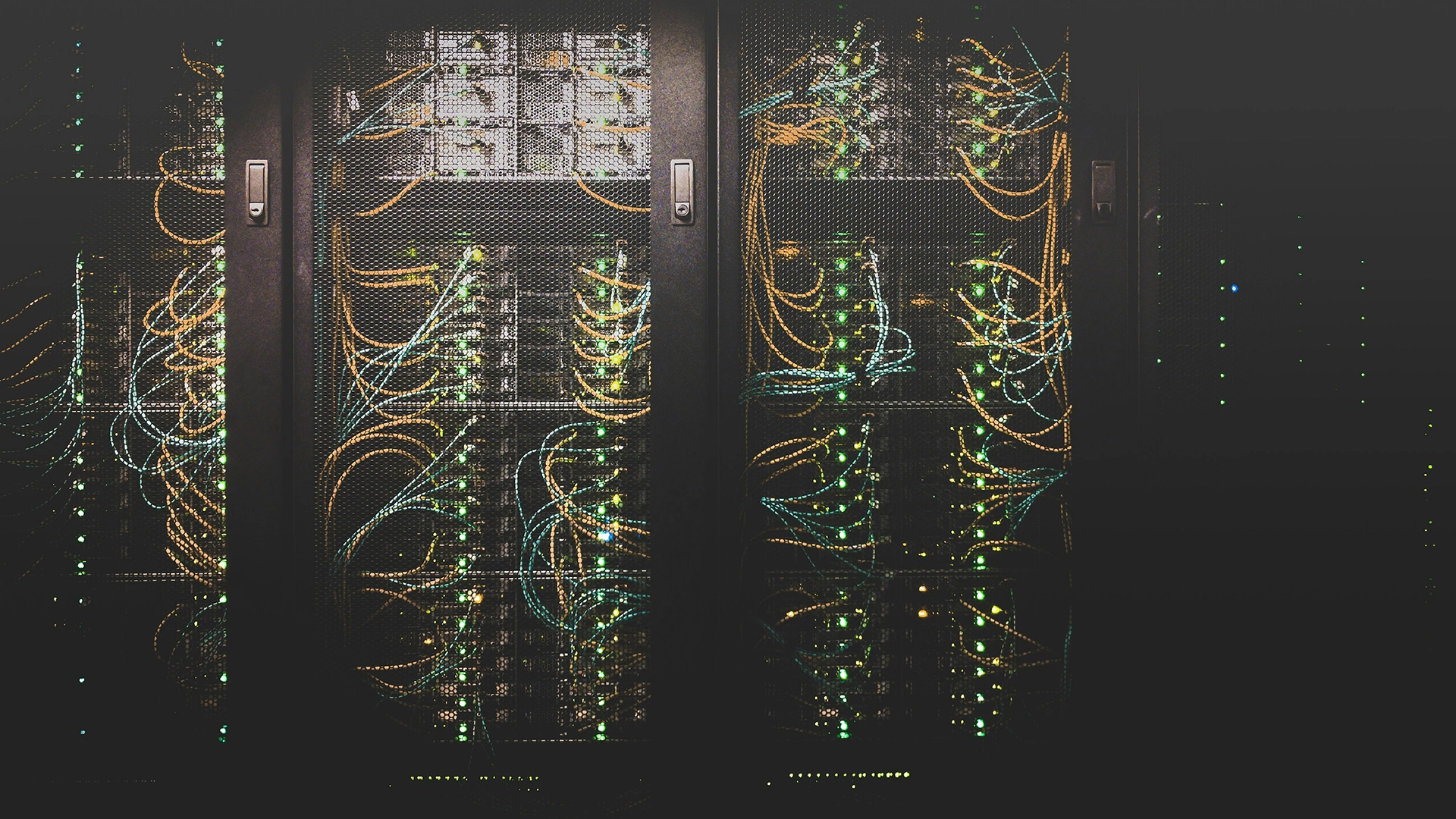
Image by Taylor Vic, from Unsplash
AI Power Gap Widens As Global Divide In Data Centers Grows
A new report reveals a growing global divide in AI infrastructure.
In a rush? Here are the quick facts:
- Only 32 countries have advanced AI data centers, mostly in the Northern Hemisphere.
- U.S., China, and EU control over half of global AI compute power.
- Africa and South America have almost no advanced AI infrastructure.
A new research shows that 32 countries, mainly in the Northern Hemisphere, possess data centers needed to develop advanced AI systems, while the rest of the world remains without such infrastructure.
The United States, together with China and the European Union, control more than half of the world’s AI-specialized facilities, as Oxford University researchers have discovered.
The New York Times reports how OpenAI CEO Sam Altman, recently visited a $60 billion Texas data center construction site, which operates from its own natural gas plant, and extends beyond the size of New York’s Central Park.
In contrast, the main AI center of Argentina operates from a tiny university classroom space. The computer science professor at the National University of Córdoba expressed his disappointment when he said, “We are losing,” as reported by The times.
“Sometimes I want to cry, but I don’t give up. I keep talking to people and saying: ‘I need more GPUs,’” the professor added.
The Times notes how this unequal distribution of computing power affects all aspects of scientific research and employment opportunities. The absence of computing power in certain nations leads to talent flight, prevents startup development, while making it difficult to achieve AI progress.
The Times gives the example of AI start-up Qhala in Kenya, where local infrastructure is lacking, workers at the AI start-up Qhala must sync operations with low-traffic hours in U.S. time zones to access rented computing power abroad.
Brad Smith, Microsoft’s president, warned: “The A.I. era runs the risk of leaving Africa even further behind,” as reported by The Times.
Access to powerful microchips, mostly produced by U.S. company Nvidia has emerged as a critical factor in international trade relations and geopolitical power dynamics. The U.S. has denied essential chip deals to its Kenyan ally, as well as other nations, as reported by The Times.
Countries are now scrambling to build their own AI infrastructure. Brazil pledged $4 billion. India and the EU have launched major investments. In Africa, Cassava Technologies is opening a new center, backed by Nvidia and Google, as reported by The Times.


 Previous Story
Previous Story

 Latest articles
Latest articles 